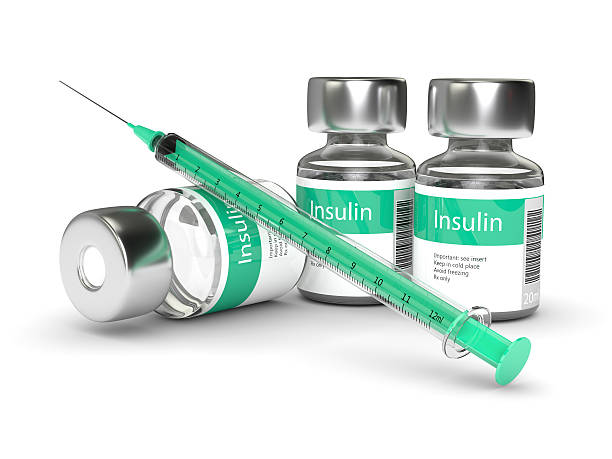No fewer than 11.2 million Nigerians are presently living with the disease, the Diabetes Association of Nigeria has said.
President of the association, Dr. Alkali Mohammed, revealed this on Monday in Abuja at an event to commemorate the 2023 World Diabetes Day (WDD).
The WDD is a day set aside by the UN to draw public attention to the need for action to fight the menace of diabetes.
Mohammed explained that out of the 11.2 million Nigerians living with diabetes, 90 per cent of them had type 2, adding that the disease could affect any part of the body.
He also disclosed that about 537 million people were recorded living with disease globally.
He added that it had been projected that the figure could increase to 737 million by 2040 if nothing was done to curb the disease.
Mohammed, however, advocated for increased tax on Sugar-Sweetened Beverages (SSBs) product from 10 per cent to 20, noting that the tax would improve the health culture and environment by discouraging the consumption of sugary products.
He also said that the tax would help raise some revenue for the government.
The president, however, said that the government had not been able to explain what the 10 per cent tax from SSBs was being utilised for.
“The government does not fund the control and management of Non-Communicable Diseases (NCDs), including diabetes due to what it termed as paucity of funds,” he said.
He, therefore, appealed to the government to use at least 60 per cent of the tax generated for public enlightenment, prevention, as well as subsidising of drugs, especially for diabetes patients.
Mohammed also called for enrolment of some Nigerians with NCDs in the health insurance scheme.
Adeboye: RCCG spent N61bn on intervention projects
Meanwhile, the National Action on Sugar Reduction (NASR), a coalition, has said that a diabetic patient spends not less than N300,000 annually on medication.
Dr Alhassan-Adamu Umar, Chairman of the Coalition says that diabetes indirectly costs Nigeria about $4.5 billion yearly.
The coalition, however, said that there was a need for Nigeria as a country to take proper action to curtail the risk posed by NCDs from the consumption of SSBs.
“In Nigeria, most of the payment we made for healthcare is out of pocket payment, so if you add the total costs of all the complications that affect any part of the body, together with cost of living, it is a huge cost.
“The second component is the fact that people become less productive when they lose their eyesight or when they are sick, they don’t go to work.
“If the head of the family or the mother is diabetic, and she cannot see, some members of the family that could have been productive elsewhere would be tied down to supporting them.
“You can see that this sickness has a multi-factorial component on the family at large, and the amount you envisage you will spend on the sickness could be more than that,” he said.
- U.S., Nigeria unveil open skies air transport agreement - May 17, 2024
- Money laundering: Court rejects Binance executive’s bail plea - May 17, 2024
- Kwara Court jails two Chinese nationals for illegal mining - May 17, 2024










